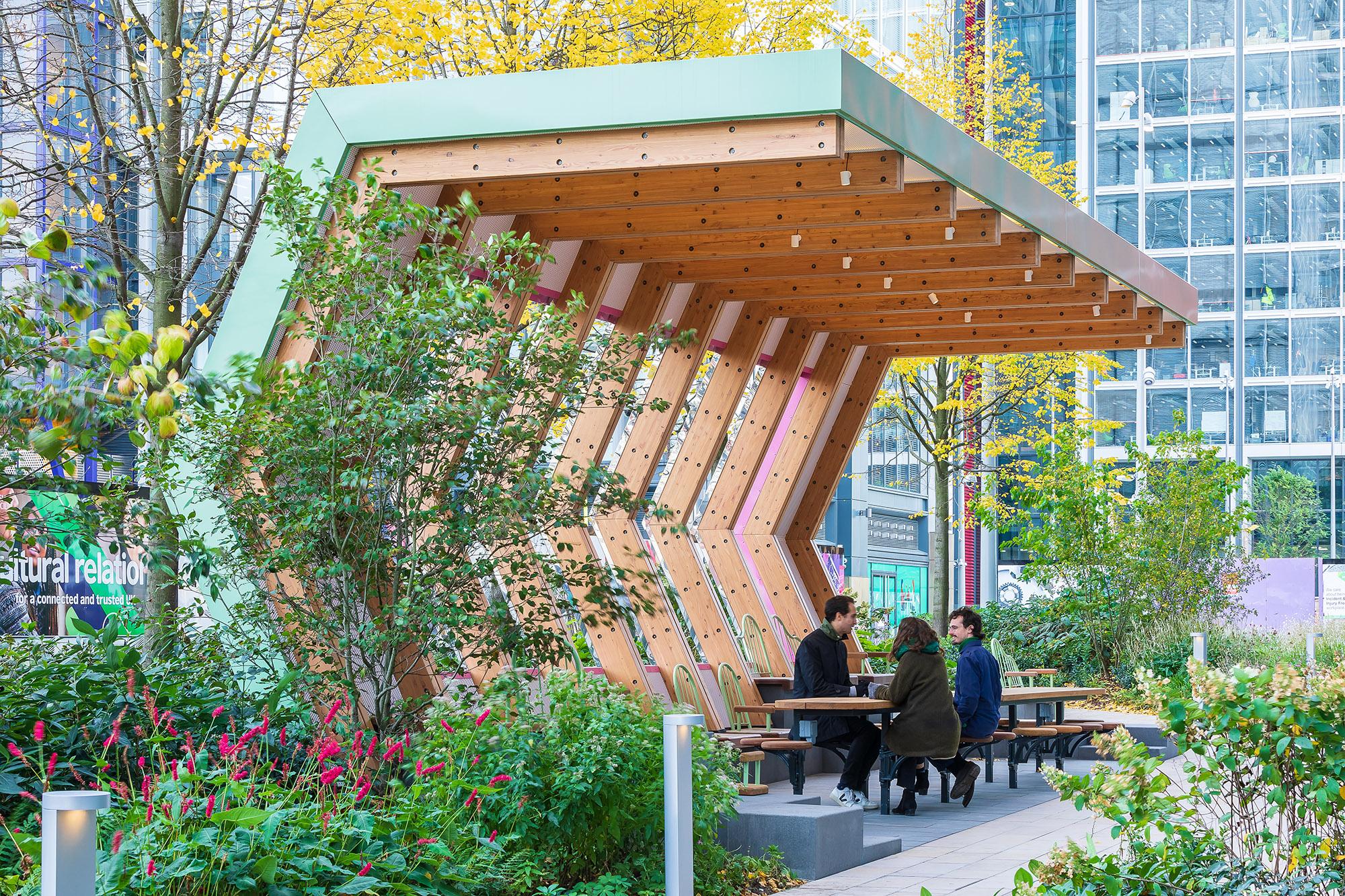Designing inclusive workspaces and office cultures has emerged as an imperative in the post-pandemic world, especially as unemployment continues to unduly burden the neurodiverse community[1], new research from the British Council for Offices (BCO) has found.
A new BCO research report, Designing for Neurodiversity, released today, examines the impacts that physical spaces have on their users, finding that certain spaces can be disabling because of their poor design and lack of consideration for the diverse needs of users.
This is particularly true for neurodivergent individuals, whose conditions – while all experienced differently – are often negatively impacted by light and noise pollution and other sensorial sensitivities. This can cause individuals to experience high levels of stress due to heightened sensorial perceptions, inconsistent levels of comfort with learning and socialising, and difficulties regulating their moods.
The report links poor office design with increased occurrences of burnout among neurodivergent individuals, who appear more likely to develop the syndrome especially as they often mask or suppress symptoms as a way to fit in[2].
It makes it clear however that a person does not carry a disability; it is an environment or situation that disables a person.[3]
Its authors set out guiding principles to designing with neurodiversity in mind, stressing that office spaces should provide their occupiers with a sense of psychological safety, be intuitive, facilitate decision-making and be diverse and agile in their arrangements.
Some inclusive design implementations suggested in the report are:
- Ensuring employees’ comforts, including thermal, auditory, visual, olfactory, are met and can be adjusted as needed. Making private and insulated pods/rooms available to those with noise sensitivities or providing employees with the option to adjust the lighting at their workstation by opening blinds, turning a desk lamp on or off, switching to a warmer/colder hue of light are all great examples of ways to do this.
- Ensuring that essential amenities are clearly signalled and easily accessible – colourful wayfinding for example has been shown to facilitate orientation for people with dyslexia.
- Providing employees with versatile and ergonomic furniture that adapts to their evolving needs – for example adjustable desks which can transform into a standing desk and back to a regular sitting desk as required, or extendable tables which can accommodate an increased number of people when collaboration is desired.
- Providing diverse spaces for employees to work and socialise depending on their mood – including a library or a lounge with sofas, armchairs and coffee tables which have become a comforting work setting for many while working from home during the pandemic.
- Providing employees with dedicated restorative spaces, such as a designated ‘wellbeing room’ with a locked door and in a remote area of the office, or an outdoor space with greenery.
The BCO realises that design is only one part of creating an enabling work environment, and that alongside design alterations, we must consider culture as part of the wider employment ecosystem.
Human Resource teams play a crucial role in building the supportive environment which will allow for change to be implemented, and welcomed by all, without judgement or stigmatisation. They may also play an important part in advising landlords and office managers to better serve office occupiers.
Rob Harris, Chair of the BCO Research Committee, said: “Office environments need to be designed taking into account the specific needs of a neurodiverse workforce. In doing so, they can become less stressful and more inclusive, enabling all workers to maximise their contribution in the workplace. Providing all office users with the physiological, cognitive and psychological means to fairly participate in all aspects of employment is the cornerstone upon which society can build a more equitable employment market, preserving everyone’s fundamental right to work.”
Araceli Camargo, Lead Scientist and Director at Centric Lab, and key contributor to the report said: “The places we live and work in have an important impact on our mental and physical health, as we are all adversely impacted by the environmental stressors of modern society – be that noise, pollution, or overcrowding. But for too long, we have underestimated the dramatic effects these can have on the neurodiverse community, who often face increased difficulties adjusting to such surroundings. The office must level the playing field and offer every individual an environment where their capacity to perform and integrate is never in question.”
[1] See latest report by the Office for National Statistics: Outcomes for disabled people in the UK – Office for National Statistics (ons.gov.uk)
[2] Designing for Neurodiversity, Page 15-20









